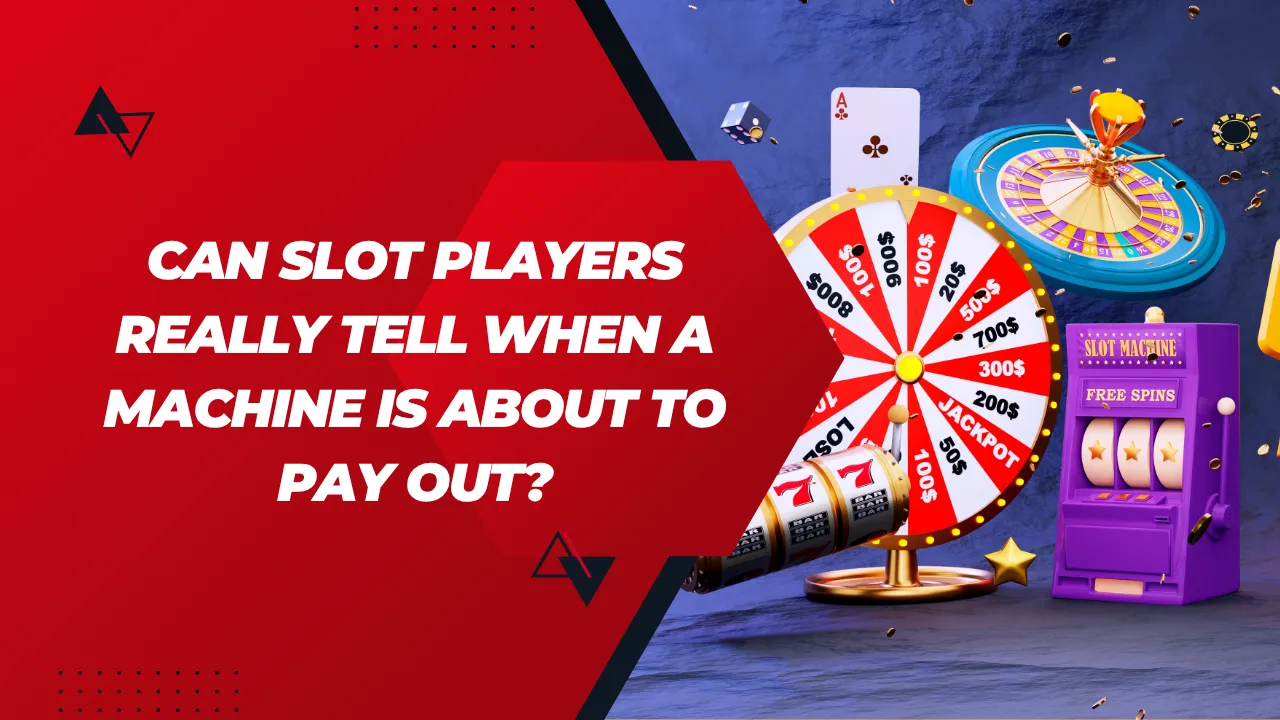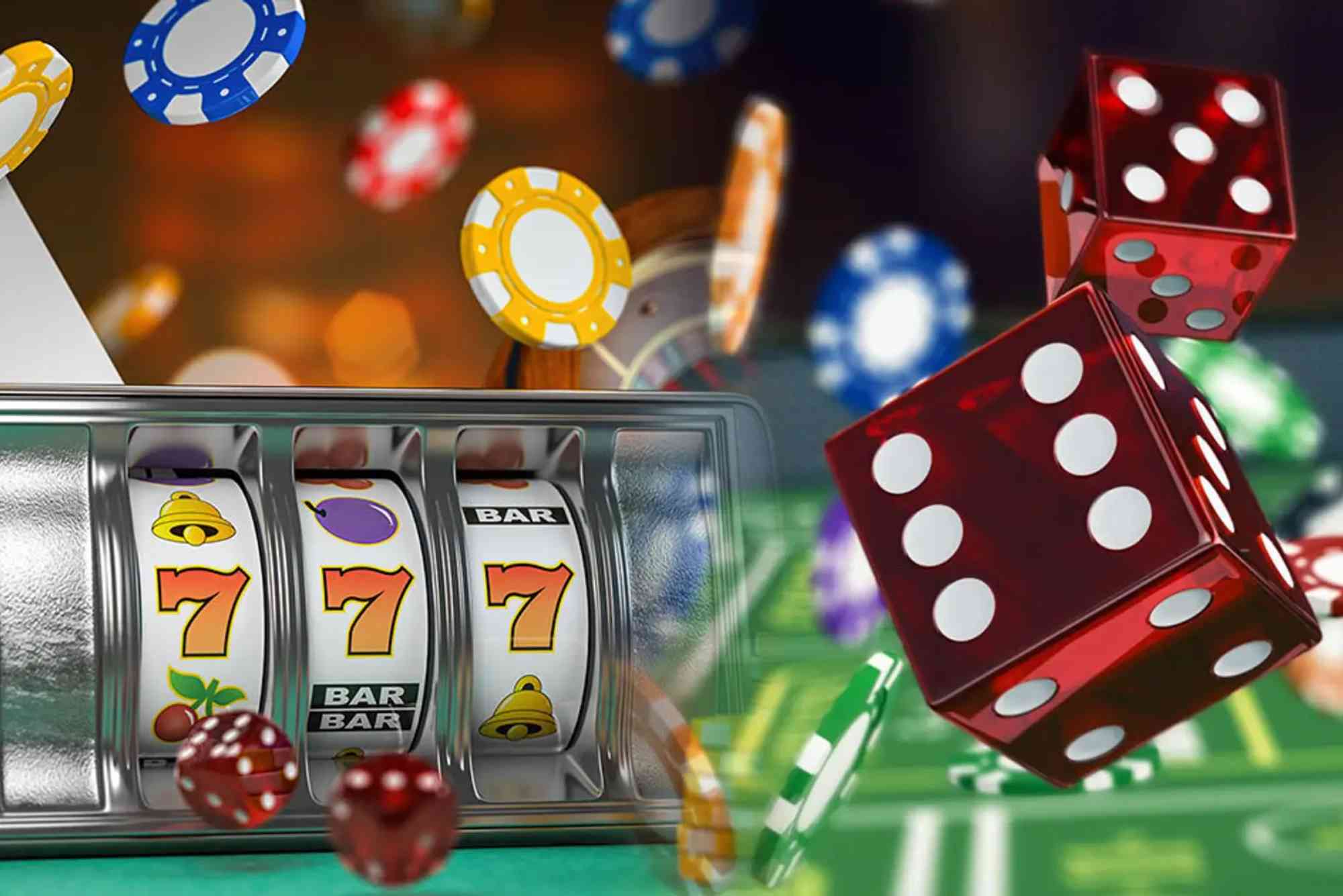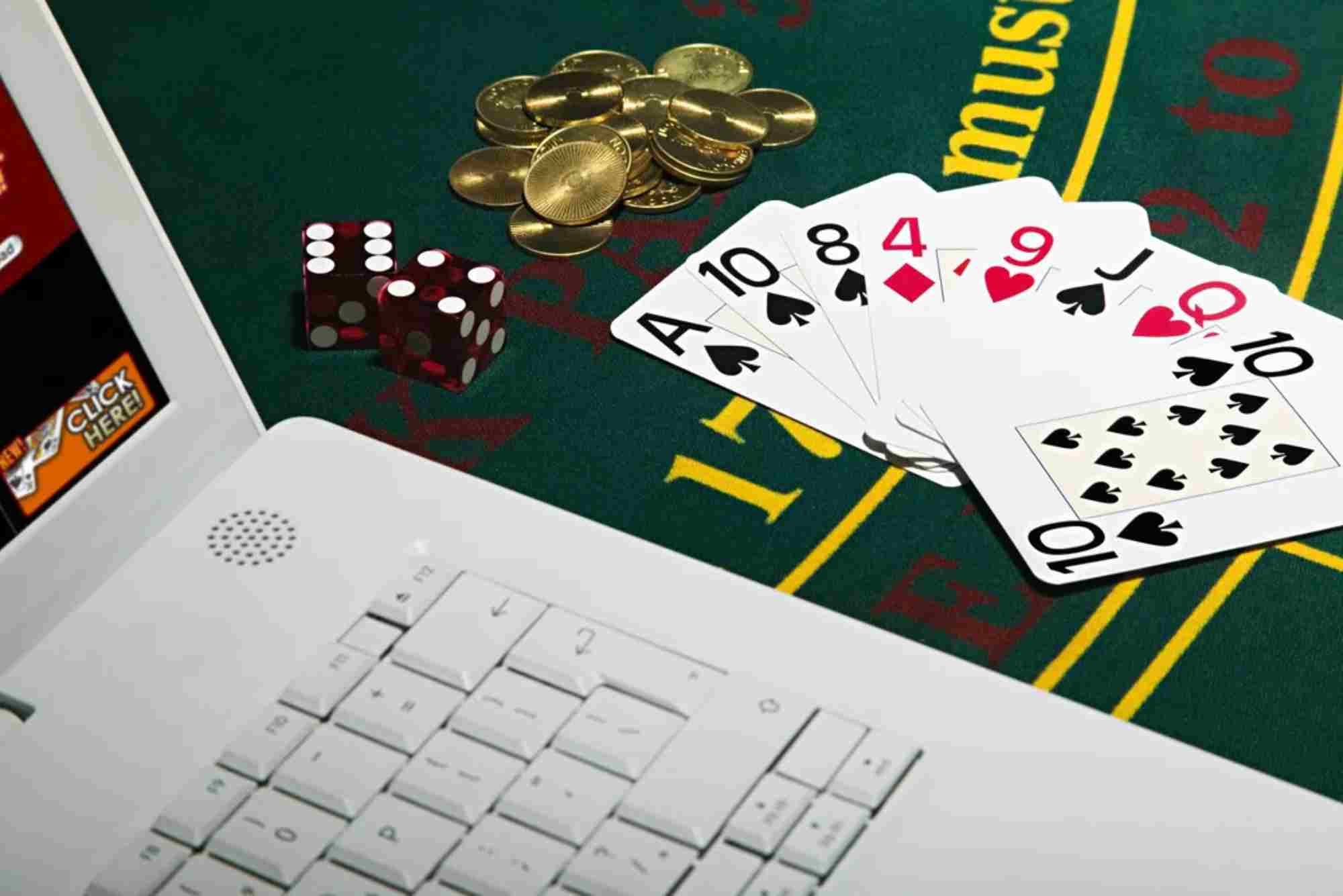The idea that a slot machine is “due” to pay out has been around almost as long as the machines themselves. If you’ve ever walked through a busy casino floor, you’ve probably overheard someone say, “That one hasn’t paid in hours — it must be ready.” But is there any truth to this belief, or is it just part of the mythology that surrounds slot gaming?
Having spent years studying casino operations, both online and offline, I can say with confidence that slot machines aren’t nearly as predictable as players might hope. Still, the psychology behind why people believe they can sense a payout — and how casinos design their games to play into this belief — is fascinating. Let’s dig deeper into the mechanics, myths, and realities of slot payouts.
The Science Behind Slot Machine Payouts
At the heart of every slot machine is a random number generator (RNG). This is a piece of software that produces thousands of number combinations per second, each one linked to a potential outcome on the reels. When you press “spin,” the machine stops on the number the RNG has produced at that exact millisecond.
This means that outcomes are independent of one another. Just because a machine hasn’t paid in a while doesn’t mean it’s any closer to a jackpot. In fact, it has the same odds of paying out on every spin, whether you’ve been playing for ten minutes or ten hours.
Casinos are required by regulators to keep their machines fair and random. That’s why no player, no matter how experienced, can truly predict the exact moment a machine will hit. The sensation of “feeling lucky” is often more about human psychology than machine design.
Why Players Believe They Can Predict Payouts
Despite the math, many players remain convinced they can sense when a machine is ready. Part of this belief comes from pattern recognition — our brains are wired to look for order even in random events. If you see a string of near-misses or several small wins, you might assume the “big one” is around the corner.
Casinos also design slots with lights, sounds, and animations that reinforce this perception. Near-miss combinations, flashing reels, and celebratory jingles keep players engaged and encourage the feeling that they’re getting closer to a jackpot. It’s an illusion of progress, not a genuine indicator of an upcoming payout.
Online platforms add another dimension to this. Many players who explore slot sites uk notice the same psychological cues are built into digital slots — bright visuals, near-win effects, and bonus features designed to sustain engagement. These features don’t alter the randomness of outcomes, but they do make the experience feel more dynamic and, to some, more predictable.
The Role of Volatility and RTP
Although players can’t predict the exact timing of payouts, they can understand a machine’s general behavior by looking at its volatility and return-to-player (RTP) percentage.
Volatility refers to the risk level of a slot. High-volatility machines pay out less often, but when they do, the wins tend to be larger. Low-volatility slots pay smaller amounts more frequently. RTP, on the other hand, is the theoretical percentage of total money wagered on a machine that will be returned to players over time.
For example, a slot with a 96% RTP is expected to return £96 for every £100 wagered — though not in any predictable pattern. These metrics don’t tell you when a payout will come, but they can help you choose games that suit your playing style and budget.
The Influence of Gambler’s Fallacy
One of the biggest reasons players believe they can tell when a machine is due is the gambler’s fallacy. This is the mistaken belief that past events influence future outcomes in independent random events.
If a machine hasn’t paid in hours, players assume it’s “hot.” If it just hit a jackpot, others think it’s now “cold.” Both beliefs are wrong. Each spin is entirely random, unaffected by what happened before or after. The gambler’s fallacy is powerful, though, and casinos benefit from the way it keeps players glued to machines.
Can Experienced Players Gain an Edge?
While it’s impossible to predict the exact moment a slot will pay, experienced players do develop strategies for managing their gameplay. They may focus on machines with higher RTPs, adjust their bet sizes based on bankroll, or move between machines to stay engaged.
These aren’t ways to beat the system — they’re methods to make the most of the experience and stretch playing time. Experienced players also know when to walk away, an often-overlooked but critical part of gambling responsibly.
Online vs. Land-Based Slot Experiences
In land-based casinos, the atmosphere adds to the sense of anticipation. Watching others win, hearing coins drop (or digital equivalents chime), and seeing a machine light up all contribute to the belief that payouts can be “timed.”
Online, the environment is quieter but no less stimulating. Developers use graphics, sound effects, and bonus rounds to create a sense of suspense. Some platforms even add features like progressive jackpots that build across networks, making the allure of a “due” payout even stronger.
Both settings play on psychology, but the mechanics remain rooted in RNG. Whether you’re on the casino floor or browsing digital reels from home, the odds are exactly the same.
Responsible Gambling and Player Mindset
One of the most important things to remember is that slots are designed for entertainment, not as a reliable way to make money. Believing you can predict payouts can lead to longer sessions and bigger losses if you’re not careful.
This is why many casinos and online platforms offer tools for responsible gambling. Features like deposit limits, time reminders, and self-exclusion options help players stay in control. The healthiest mindset is to treat slots as a form of paid entertainment — like going to a concert or a theme park — rather than a source of income.
Conclusion
So, can players really tell when a slot machine is about to pay out? The short answer is no. Slots are powered by random number generators that ensure every spin is independent, making predictions impossible. What players often interpret as signs of an imminent payout are psychological cues designed to keep them engaged.
That said, understanding volatility, RTP, and responsible bankroll management can help players make more informed choices and enjoy their gaming sessions more safely. The thrill of slots lies not in beating the system but in embracing the unpredictability of the game.









